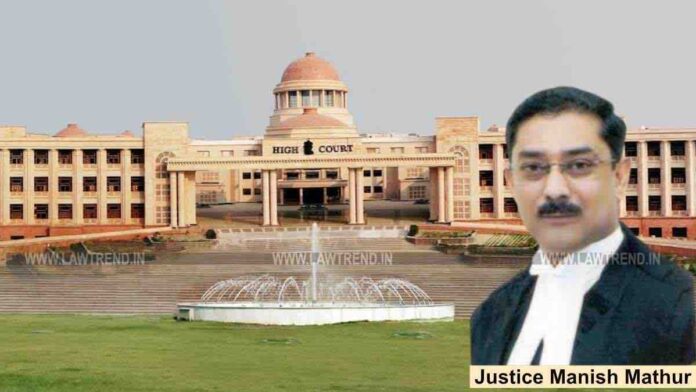In a significant judgment, Justice Manish Mathur of the Allahabad High Court, Lucknow Bench, quashed a state government notification dated October 28, 2024, regarding fee fixation for private medical and dental colleges. The court held that the process violated mandatory statutory provisions under the U.P. Private Professional Educational Institutions (Regulation of Admission and Fixation of




